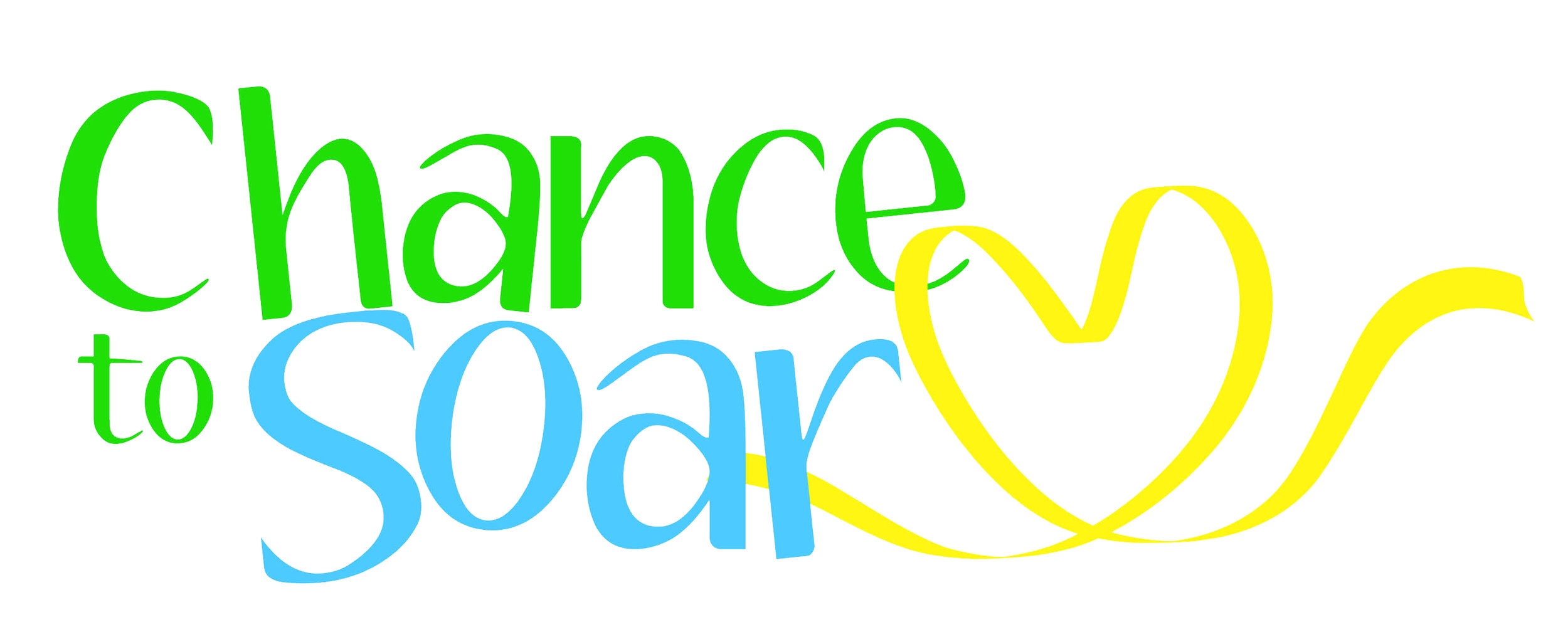Feedback
Feedback is a buzz word in education right now, and I am seeing the idea pop up in all sorts of contexts beyond the classroom. While I was on a recent mission trip in Slovakia, I saw a perfect example of how feedback should work.
I traveled with five other Americans on a mission trip to teach English, but there were several meetings for the leaders and programs for the kids that were entirely in Slovak, a very difficult to learn language that is only spoken in this one small country and is written with an extraordinary number of consonants. To help the Americans out, several of the young adult leaders from Slovakia translated information and programming for us into English using one small microphone that transmitted to several individual headphone receivers. Each young leader that served as a translator was a blessing as they accommodated for our lack of understanding the native language of the kids. You could see that the task took a toll on the translators as they expended energy to listen to Slovak, mentally convert that into English, then speak the English version to us while also listening to the next phrases in Slovak. For most of our young translators this was their first experience with this type of on-the-spot translation and as far as I am concerned, every young adult who translated for us is a genius! Many of them had a better English vocabulary than 95% of Americans I encounter on a daily basis.
We had one university student who translated for us named Jan (translated into English as John). Jan speaks at least 5 languages and, as a resident of The Czech Republic, neither Slovak nor English is his native language however he had no problem carrying on a conversation about the estrogenic properties of tea tree oils or the efficacy of St. John’s wort as an anti-depressant. Even though he is most comfortable with being introverted, he used the presence of Americans as an opportunity to practice his conversational English and he enjoyed philosophical and academic conversations, so of course he was on the rotation as a translator.
During his first translation, Jan was very formal in his speech and gave us word for word English reconstructions for every announcement, song, and prayer. Right at the end however, he said something that gave the Americans a hint that there was a sense of humor to accompany his expansive vocabulary. I don’t even remember what he said, but we smiled. We looked at him and smiled. Jan captured those smiles, smiled back, and logged that non-verbal communication as feedback to inform his next translation assignment. When our next “broadcast” from Jan came around, his confidence had increased. He personally handed out each headset, did a sound check at the beginning, and started to relax into the role. Along the way, he offered one or two comments with his dry sense of humor and paid attention to our reactions to see how it went over so he could adjust accordingly. With each smile or giggle from the American group, he logged the feedback and made adjustments. He got his first audible laugh from us as he passed on greetings from “some guy that I don’t know, but in case you know him, he says “hi”. We were having so much fun listening to him that his Slovak friends started to feel like they were missing out by only hearing the Slovak version and his fiancé, Milota, started wearing the headsets to be in on the fun. By the end of the week he had even developed signature a sign-off.
One day, Milota commented that it was weird to that her usually reserved fiancé found a new sense of humor by translating. It was her comment that made me realize that Jan was an expert at feedback and I could learn a lesson from him. He reminded me that feedback comes in all kinds of forms and sometimes informal feedback is the most powerful. He wasn’t adding humor to the broadcasts to entertain himself, to draw attention to himself, or even because it came naturally. He did it because he observed us and knew that we liked it. We gave him “good grades” with our smiles and Jan is a student who wants to be the best at whatever he does. As Jan is finishing his Ph.D. in chemistry and simultaneously studying to be a high school teacher, I am thankful for the lucky students who will soon be sitting in a classroom where the teacher will be just as tuned into receiving feedback from his students as he will be in providing it. He has already taught me a great deal!

